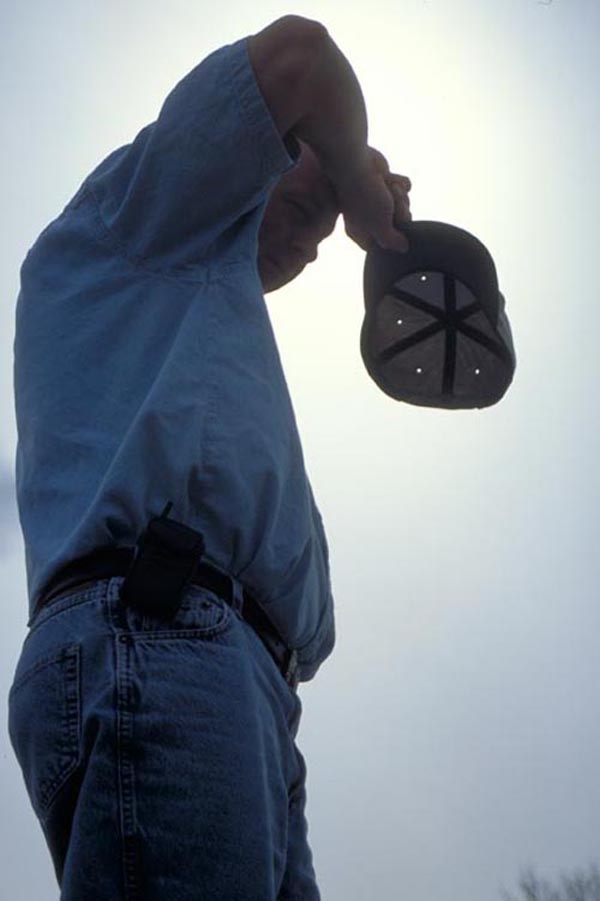
Friday afternoon attendees at Commodity Classic 2013 were treated to a session on transitioning their farms. Leading the conversation were Darren Frye, Brian Hensley and Arlan Suderman, all of Water Street Solutions, and Bryce Knorr, of Farm Futures. The group started off by saying that now is the time to start planning, reminding the group that having a will and having and estate plan are NOT transition plans.
"Those just move land or equipment to a certain person," he says. "A business won't continue or thrive just because you pass an asset. There are skills and values that have to be passed along, too.
"The sooner you start, the more options there are" says Hensley. There are three things in the process: Open the dialogue; have conversations with the people who are going to be involved. Build a team of experts to help you through the process. Keep it urgent, keep focused on it."
The group also reminded the full house that the plans need to be specific and the process will take time, as well as professional leadership.
"The plan has to be specific," says Suderman. "It may be complicated to work out the legal side, but there's the human side, too. You need to work with someone who has experience who can be the third party and say the hard things and ask the hard questions."
Like what you're reading? Subscribe to CSD Extra and get the latest news right to your inbox!
Hensley echoed that thought, saying you need to start with the professional you trust the most. "Find an attorney who is a transition planning expert AND who understands agriculture."
The process will take some time; many meetings and sitting down individually and as a group, says Knorr.
"You need to schedule time, weekly meetings, to go over goals and plans for the operation. Allow for individuals' strengths to come in, as well. Give them an area that will fit their strengths," says Suderman.
During the transition process, give responsibility to a successor and make it a learning experience. Give them a sense of ownership. Continue to communicate.
"If the next generation is not trained, they'll make the same mistakes you did and set operation back," says Hensley
Conversation and off-farm siblings and in-laws
The group also said it's important to initiate the conversation, no matter how uncomfortable.
"Having the conversation isn't greedy on behalf of the younger generation. You have it so generations beyond can continue to farm. You need to have a plan," says Hensley, who also notes that land prices have caused a challenge in transition planning. "You have to have a dialogue with off-farm siblings so they understand role of the farm."
Suderman suggests bringing in a third party to work through family dynamics, as well as including in-laws.
"You should include in-laws, off-farm kids in planning," says Hensley.
"In-laws will be involved whether they're there or not," says Suderman, pointing out that if they aren't present at the meetings, the sibling will talk to them about what went on once they get home anyway.
Transparency is key in the transition process.
"Some kids won't like your decisions. That's why it's so important to be transparent," says Frye.
"Make decisions on the ground, rather than in the emotion of the moment," says Suderman.
And one last piece of advice during the session came from Knorr, regarding in-law involvement.
"For in-laws participating, there's a time to talk and there's a time to shut up. Know the difference; everyone will appreciate it," he says.
About the Author(s)
You May Also Like




